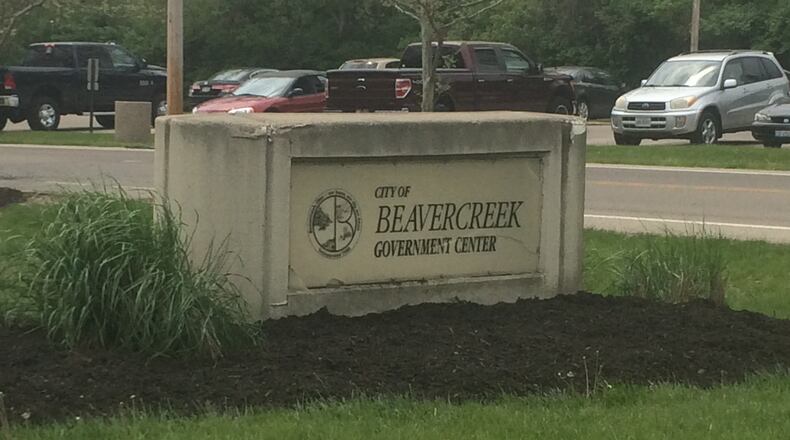—-
On Twitter: Join the discussion on @Ohio_Politics
On Facebook: Like our Ohio Politics Facebook page and join the discussion and sound off on the issues.
—-
Beavercreek City Councilman Zach Upton, who spearheaded the effort to get the charter amendments on the ballot, said he strongly felt the change was needed.
“The current process is confusing to voters and creates instances where someone is elected mayor but didn’t necessarily want the job,” he said. “With direct election, candidates run for the offices they want to serve in and voters vote for the person best qualified for the office.”
If voters approve the charter amendments, residents would directly elect the next mayor in 2019.
“I cannot see a downside to this,” said Ohio Rep. Rick Perales, who also served as city mayor from 2002 to 2003. “I believe Beavercreek has matured such that they are doing their residents a disservice by rotating mayors every two years. They should select the person they want to lead their city.”
Beavercreek, the largest city in Greene County with more than 45,000 residents, according to 2010 federal census data, and the third-largest city in the Dayton area, is the only local government in the county that still uses the top number of votes to elect the city mayor, according to the Greene County Board of Elections.
The first, and last, city of Beavercreek directly elected mayor was Fred Berta. He was mayor of the village of Beavercreek when it became a city in 1980. However, charter amendments approved by voters during his term changed the way the city mayors would be elected. Voters would no longer choose the mayor.
Carol Graff, a city of Beavercreek mayor in 1986 and 1991 who is now a Beavercreek Twp. trustee, said she will vote against the charter amendments.
“I don’t think that this change, in its current fashion, adds anything to it except perhaps an additional two years to the term,” she said. “The thought behind it is that it would give the person who’s mayor more time to be among those who are his or her peers. On the other hand to receive any long-term jurisdictional recognition, you need more than a four-year term. And in many cases, more than eight years.”
The charter amendments limit council members and the mayor to two terms, a total of eight years, in office. The changes would add another two years to a city mayor’s current two-year term.
Greene County Commissioner Bob Glaser, who served one term as Beavercreek mayor starting in 1998, said he agrees with the current system for how the city’s mayors are elected.
“The person that gets the most votes is the person that has convinced the most people in town that he is the best candidate for political representation of them,” Glaser said. “That’s the person that should be mayor. The most people thought that person could best represent them.”
About the Author
